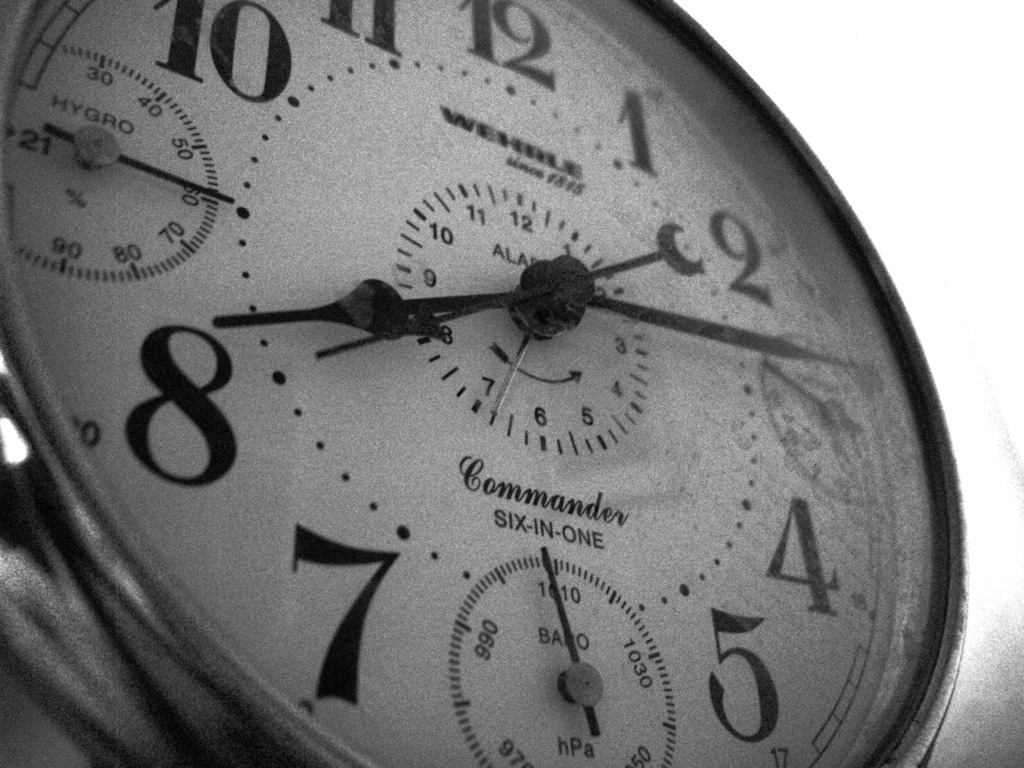Daylight (you might not be) saving time
Come Nov. 1, students will be recovering from the Weekender or Halloweekend festivities, but they will also experience the wonders of having one extra hour in the night due to Daylight Saving Time ending. While initially this opportunity to sleep for an extra hour may seem too good to be true, students should heed the dangers of staying up later to supposedly take advantage of the time change.
Daylight Saving Time was originally created to make use of extra sunlight hours and cut down on energy costs. However, Daylight Saving Time does not make much of an impact on sleep-wake cycles. Staying up an hour later could simply make waking up Sunday morning that much more difficult because of ill-adjusted sleep cycles. If you are happy waking up an hour earlier than ordinary and going to sleep an hour earlier, then this could be the perfect excuse to adjust your sleep schedule.
Otherwise, going to sleep and waking up 10 to 15 minutes later each day this week before the time changes might be an easier way to adjust.
This circadian rhythm shock certainly represents an additional stressor in college students’ lives. Research in the Nature of Science of Sleep has cited that majority of students experience daytime sleepiness, sleep deprivation and irregular sleep schedules. These factors can contribute to overarching problems on college campuses including difficulty focusing on academics and changes in mood.
Sleep experts typically recommend at least seven hours of sleep per night in order to prevent sleep deprivation, while eight hours of sleep per night allows for ideal functioning. The consumption of caffeine after lunch hours, use of technology (directly related to light exposure), stimulating activity (such as exercising) later in the day, and undiagnosed sleep disorders are cited as primary causes for daytime sleepiness. Sleep experts also say that going to sleep later at night, and waking up later in the morning are typically associated with lower GPAs.
While there is no perfect cure to these chronic sleep issues on college campuses, certain steps can certainly be taken to combat the effects of sleep deprivation. Napping during the day, exercising in the morning rather than night, creating a structured sleep and study schedule, and minimizing use of technology, caffeine, drugs or alcohol before bed can all help to reduce sleep deprivation and its negative effects. Being conscious of your sleep schedule and prioritizing sleep as a vital part of your daily schedule can vastly improve daily function and performance.
As Benjamin Franklin said, “Early to bed and early to rise, makes a man healthy, wealthy and wise,” and let’s be real, Trojans, should we not aspire to some of those things? That pre-bed Facebook scroll ritual might seem like a great idea, but some more sleep sounds like one too.
Fight on, sleep early, and don’t forget to set your clocks back!


Daylight saving time benefits no one…it’s a relic from 1907. Do people really need an extra hour of daylight to watch television or surf the web?
Lower GPAs! Less Happy! More Grumpy, Droopy and Flabby! Less Peaceful and Now Students Much Sicker and Possibly Dead Sometimes! Megha Gupta seems to be following in the footsteps of Don Quixote who lost his wits after too much reading. Gupta maybe wrote down too many words for this clock change assignment.